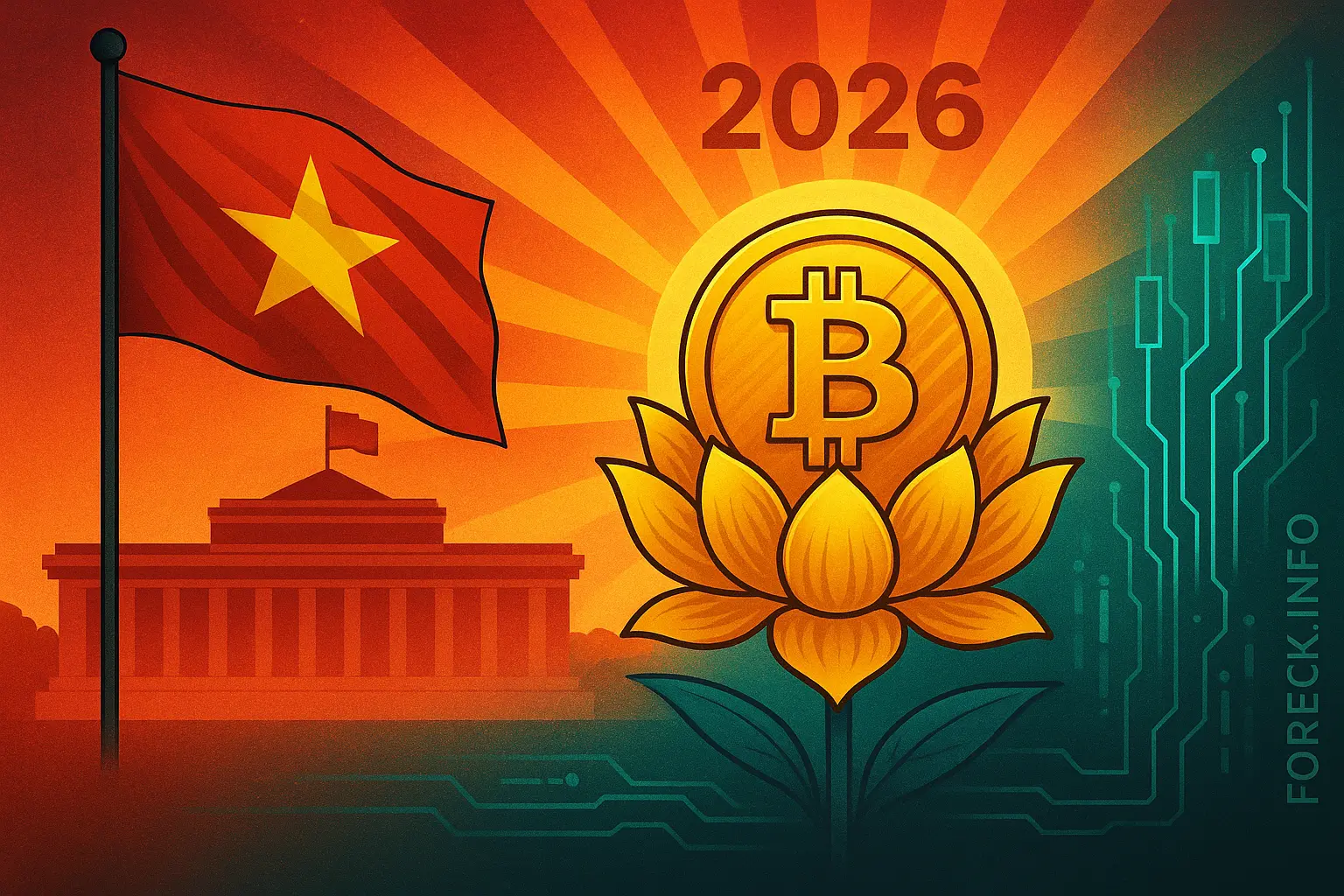Under the new law, digital assets are defined as assets that utilize cryptography or similar digital technologies for verification in their creation, issuance, storage, or transfer. These are further classified into two main categories: virtual assets and cryptoassets.
Virtual assets refer to digital assets used for exchange or investment purposes, excluding securities, digital representations of fiat currency, or other financial instruments as defined by current civil and financial regulations. In contrast, cryptoassets are digital assets based on encryption technology for transaction and ownership verification, again with traditional financial assets excluded.
The law places responsibility on the government to classify digital assets, set business operation standards, and design mechanisms for risk control, anti-money laundering, counter-terrorism financing, and prevention of weapons of mass destruction proliferation. These measures are in full alignment with international FATF standards, as the group had urged Vietnam to develop an appropriate regulatory framework. The government expects this legal clarity to improve the nation’s investment appeal.
Beyond regulation, the law aims to accelerate Vietnam’s digital technology sector, introducing a suite of incentives:
- Tax and investment incentives for companies in artificial intelligence (AI), semiconductors, digital infrastructure, and data centers;
- Support for innovation and pilot technology projects;
- Assistance for digital technology startups;
- Human capital development, including subsidies for specialist hiring, upskilling, and international digital skills certification.
Special attention is given to the domestic semiconductor industry. According to Le Quang Huy, Chairman of the National Assembly’s Committee on Science, Technology, and Environment, this sector is central to Vietnam’s ambition to integrate into the global supply chain:
“The new law sets out Vietnam’s strategic goal of developing a comprehensive semiconductor industry and gradually becoming a vital link in the world’s supply chain,” emphasized Le Quang Huy.
The legislation supports the full semiconductor value chain—from research and design to manufacturing, testing, and packaging—and provides targeted incentives for companies in chip supply. It also calls for robust foreign investment and the advancement of local R&D ecosystems.
Vietnam’s move comes as countries worldwide accelerate their approach to crypto legalization. Kenya and Pakistan are considering similar frameworks, inspired by El Salvador, where Bitcoin adoption nearly doubled tourism in just 18 months. In Ukraine, lawmakers are expected to pass their own virtual assets bill before year-end.

